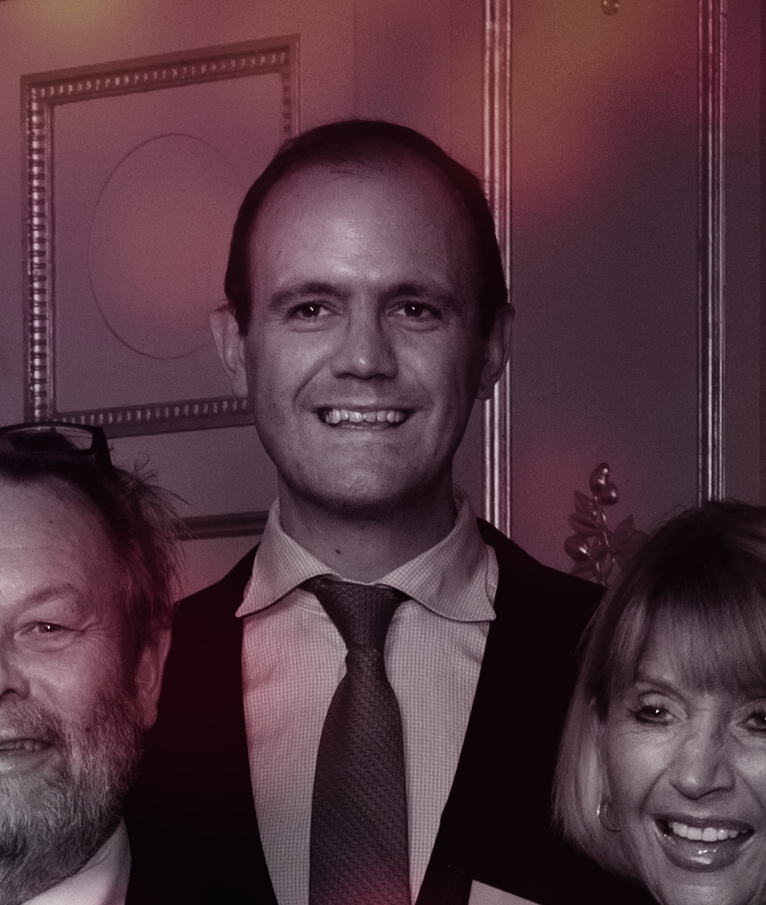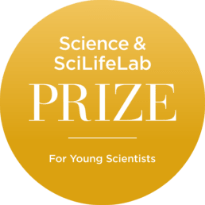
Johannes Scheid
Biography
Growing up in New York and Germany in a family of scientists, Dr. Scheid was fascinated early in life by the career of a physician scientist. During medical school at the Charit– University, Berlin, he decided to pursue a Ph.D. at The Rockefeller University. His Ph.D. was based on the observation that some HIV patients develop potent antibodies against HIV. The Ph.D. was awarded the 2012 Harold Weintraub award. After completing medical school and his Ph.D., he worked for 1 year at The Rockefeller University and now continues his clinical training at the Massachusetts General Hospital in Boston.
Synopsis
HIV-specific B cell response in patients with broadly neutralizing serum activity
Since its discovery in 1981, HIV has killed over 25 million people; more than 33 million humans are now infected worldwide. Despite extensive efforts, a vaccine against HIV remains elusive. The reason for this lies in HIV’s remarkable mutability.
Soon after HIV infection, the immune system attacks the virus, which then escapes immune recognition by mutating its surface envelope protein, gp140. The escaped viral variants are targeted again by the immune system, and what follows is a race between virus and the immune system in which the virus continually diversifies and remains one step ahead in most patients. It is surprising, that 5 to 10% of HIV patients eventually develop high titers of “broadly neutralizing” serum antibodies that neutralize a diverse panel of HIV isolates (see the figure, part A). Until recently, very little was known about the composition of these broadly neutralizing serum responses, which is why I set out to characterize them during my Ph.D. thesis.
